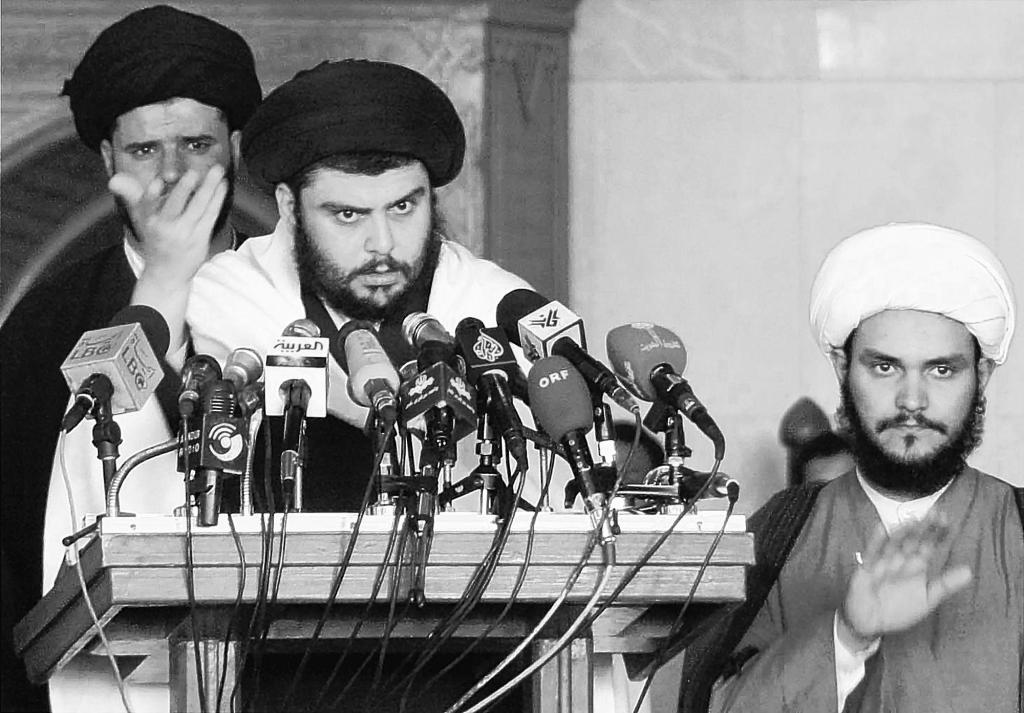BAGHDAD — The political movement of Iraq’s best-known anti-American cleric has emerged as a major contender in next month’s national elections, raising the possibility that the next prime minister could be openly hostile to the U.S. and friendly toward Iran.
A prime minister loyal to Muqtada al-Sadr might push the U.S. military to speed up its withdrawal timetable and pose a threat to future military and economic cooperation between the United States and Iraq.
Such a choice also could undermine efforts to reconcile Iraq’s religious groups, with memories still fresh of brutal sectarian warfare between al-Sadr’s Shiite militiamen and Sunni extremists.
The United States looks to the March 7 election as a key step to cement Iraq’s infant democracy.
Prime Minister Nouri al-Maliki’s alliance, backed by the power of incumbency, has been widely viewed as the bloc that would emerge with the largest number of seats.
But al-Maliki’s standing has been hurt by a series of horrific bombings in central Baghdad that exposed the inadequacies of Iraq’s security forces.
The lack of tangible improvement in basic services and allegations of corruption have further hurt his chances.
Al-Maliki’s coalition is facing a tough challenge from a rival Shiite bloc, the religiously oriented Iraqi National Alliance.
The main partners in this bloc are the Supreme Islamic Iraqi Council, or SIIC, and the Sadrists.
If the Iraqi National Alliance emerges as the largest bloc in the 325-seat parliament — and if the Sadrists win more seats than SIIC — that would likely place the fiery cleric in a strong position to pick the next prime minister.
SIIC officials are quietly acknowledging that the Sadrists are likely to emerge as the biggest winner in the bloc.
They say Iran, which wields a great deal of influence within Iraq’s Shiite establishment, is throwing its weight behind the Sadrists in the hope that they would do its bidding in a new government.
A top SIIC leader, speaking on condition of anonymity, said the party would try to prevent the Sadrists from gaining control by securing the support of smaller groups within the coalition.
Officials at al-Maliki’s Shiite-led ”State of Law” coalition also have acknowledged the Sadrists will fare well in the vote.
Salah al-Obeidi, al-Sadr’s chief spokesman, said that party projections indicate the National Alliance would win 70 to 80 seats in the new legislature. Of these, he said, the Sadrists would have at least 35 seats.
Send questions/comments to the editors.



Success. Please wait for the page to reload. If the page does not reload within 5 seconds, please refresh the page.
Enter your email and password to access comments.
Hi, to comment on stories you must . This profile is in addition to your subscription and website login.
Already have a commenting profile? .
Invalid username/password.
Please check your email to confirm and complete your registration.
Only subscribers are eligible to post comments. Please subscribe or login first for digital access. Here’s why.
Use the form below to reset your password. When you've submitted your account email, we will send an email with a reset code.